Gulf News the leading daily of the Middle East on the 17th of December has reported on the United Arab Emirates(UAE) Banks Federation adopting Blockchain in its member banks. UAE Banks Federation (UBF) is a non-profit organization which has 50 member banks in the Emirates.
The UAE banking sector was considering the adoption of Artificial Intelligence, blockchain and Fintech earlier this year. The banking sector was coming to terms with new regulations regarding the implementation of VAT for an earlier adoption of which technological innovations are required to aid the transition towards robust financial institutions.
Cost optimization, improved operational efficiency, increased revenue, and reduced risk are some of the factors that have led to the embracing of these technologies. Some of these banks are even exploring automated decision-making based on analysis by extracting data out of the millions of emails and other data sources. A combination of Robotic Process Automation(RPA) with AI has been employed to differentiate customer engagement.
The introduction of new laws and tougher regulations has been putting tremendous pressure on banks to re-think their business models. Furthermore, the introduction of VAT has impacted profit margins. The necessity to engage customers in new and creative ways in the backdrop of evolving cybersecurity measures and corporate governance was also a pressing factor.
The new IFRS standards are impacting banks across the world and it has brought about far-reaching changes in many areas such as financial reporting, risk management, capital management, regulatory reporting, data sourcing and collection, governance framework and IT systems. The banks were grappling with the new VAT regime and the high compliance costs along with the mandatory VAT registration. The inability for banks to claim the input VAT due to exempting a large part of their services is also a financial drain for them. This has forced the banks to increase their fees to compensate for the additional costs. At the same time, banks were looking to adopt a strong and positive corporate culture to aid in the management of regulatory and innovative challenges.
2017 was the year that saw the emergence of an increasingly disruptive banking sector that showcased both opportunity and threat. Despite this, the general picture is a healthy one, with the sector continuing to surpass that of the wider UAE economy in terms of having a more long-term, ethical and consequently more trustworthy culture. Banks have now adopted the change to embrace this wide
In the recent forum of the UBF, the chairperson of UBF’s Digital Banking Committee, Aref Al Ramli presented a blockchain-based study that explained the benefits of digitizing various processes within member banks through a distributed ledger technology or DLT. It has identified a number of blockchain applications to be adopted by banking institutions, that includes payment transfers across the border, compliance reporting, customer onboarding, and others.
Al Ghurair, chairman of the advisory council of UBF, said that emerging technologies are “continuing to shape customer needs and expectations,” putting banking industry participants “at the forefront of innovations.” He claims that new technologies like blockchain can assist banks in creating new revenue streams, “which will in turn drive sustained business growth.”
Towards the end of November, an annual meeting was conducted by the governmental AI and Blockchain Joint Working Group that concluded with the launch of two initiatives that are intended to boost blockchain and AI development. The participating banks devised strategies to attract foreign investments and build a structure using AI and blockchain.
In the same month, Abu Dhabi-based Al Hilal Bank claimed to have completed “the world’s first Sukuk transaction”, which was based on blockchain technology. Sukuk, a legal tool that is known as “sharia-compliant” bonds, lets investors generate returns without disrupting the Islamic law. These initiatives are focused on creating and maintaining a thriving banking ecosystem.

